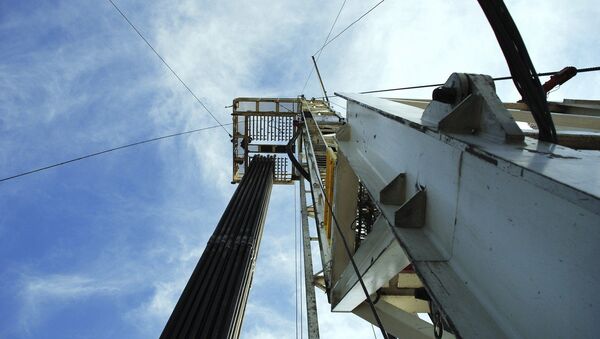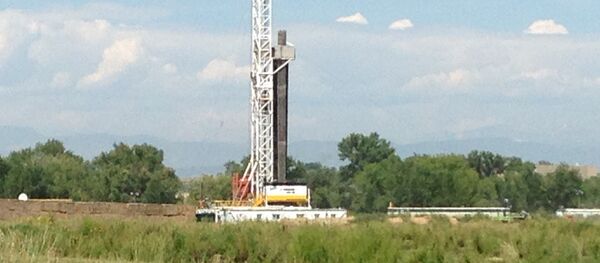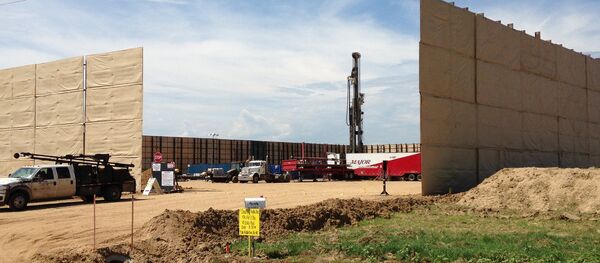The team then created an index of how active the wells were and how close they were to pregnant women.
According to the Bloomberg School, “The researchers found that living in the most active quartile of drilling and production activity was associated with a 40 percent increase in the likelihood of a woman giving birth before 37 weeks of gestation (considered pre-term) and a 30 percent increase in the chance that an obstetrician had labeled their pregnancy ‘high-risk.’”
11 percent of the pregnant subjects gave birth preterm.
Fracking involves drilling deep underground and then pumping millions of liters of water mixed with chemicals and sand to burst gas-releasing shale below.
The gas can release pollutants raising air-quality concerns among critics. Noise pollution can also be a factor influencing stress-related preterm births. Developing the site of a well could mean 1,000 truck trips on once quiet roads, according to the Bloomberg School.
“Now that we know this is happening we’d like to figure out why,” Schwartz says. “Is it air quality? Is it the stress? They’re the two leading candidates in our minds at this point.”




